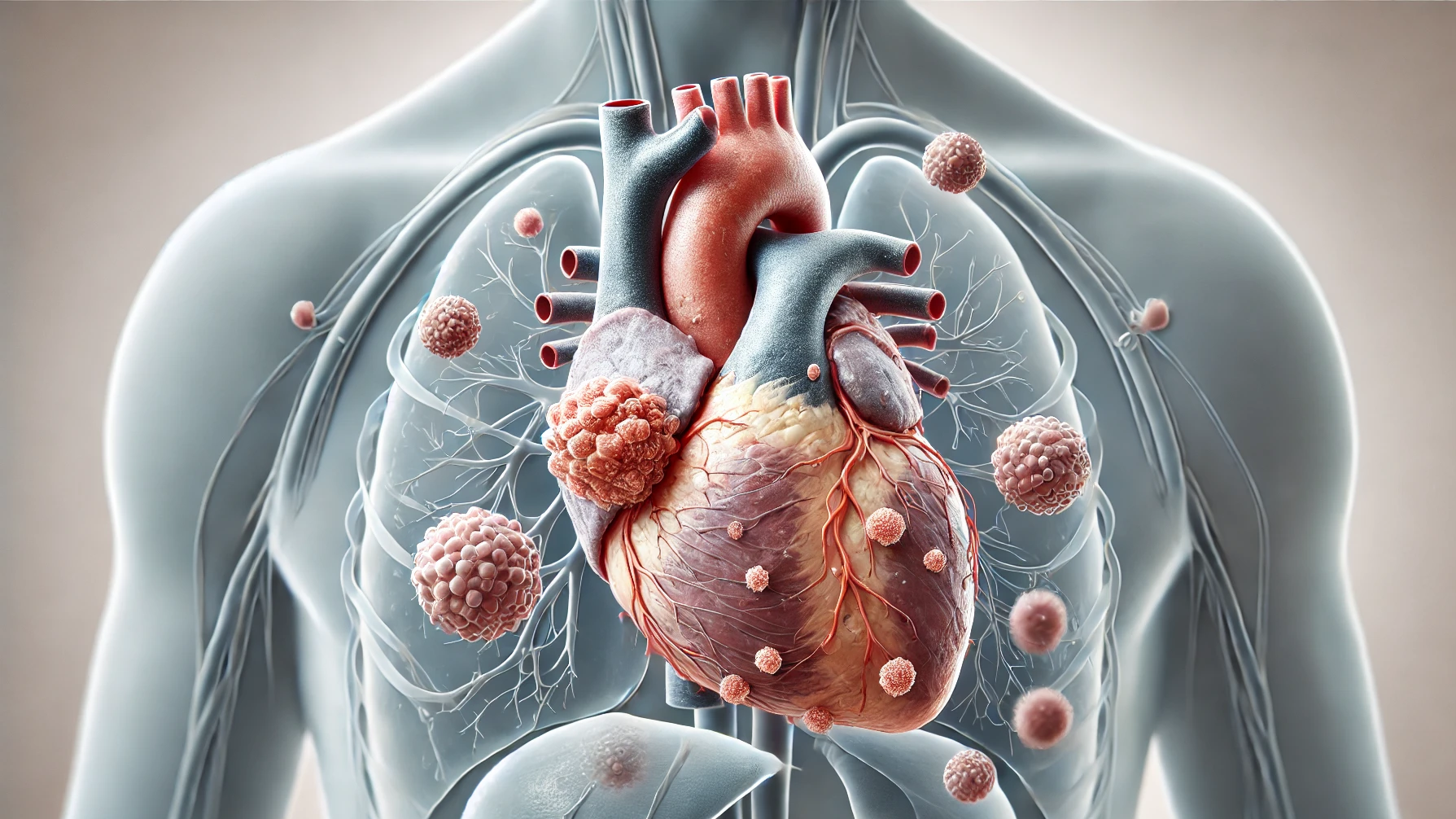
This case report describes a rare and extremely malignant tumor named Primary Cardiac Lymphoma (PCL), which occurs in the heart. Because of the rarity of cardiac cancer, its diagnosis generally presents major challenges. The report describes the case of a 67-year-old male patient who initially came in for medical assessment after experiencing recurrent attacks of syncope. Further investigations identified an enormous neoplastic tumor in his heart and the adjacent lymphoid tissue, which caused complications such as arrhythmias and pericardial effusion.
The patient had symptoms of syncope for three years, typically after the use of the toilet or laughing. Initially, physicians suspected that these incidents were benign vasovagal syncopal episodes, a normal reflex that results in brief loss of consciousness. Yet, additional testing revealed that his cardiac function was compromised, having an abnormally low heart rate and complete blockage of his heart, wherein the electrical activity of his heart was not in a normal working state.
To establish the etiology of his disease, physicians performed imaging studies, including MRI and PET scans. The results revealed hypertrophied cardiac walls and abnormal growth in the cardiac tissue, indicating the presence of an infiltrative pathology with the dissemination of abnormal cells in the heart. Laboratory blood work excluded prevalent diseases like sarcoidosis and amyloidosis, raising a heightened suspicion of neoplasia. A biopsy from an enlarged lymph node established the diagnosis of Diffuse Large B-Cell Lymphoma (DLBCL), a highly aggressive hematologic malignancy involving the immune system. The patient was given chemotherapy with the R-EPOCH regimen, which is a series of pharmacologic agents focused on the destruction of neoplastic cells. Because he was at high risk for life-threatening arrhythmias, medical staff also implanted a pacemaker and defibrillator to prevent episodes of sudden cardiac arrest. He responded well to treatment, with cardiac function improvement in addition to the reduction of the spread of the malignancy.
This case illustrates the difficulty of diagnosing Primary Cardiac Lymphoma, whose presentation may be mimicked by usual heart conditions. Early treatment is essential as early chemotherapy can greatly enhance survival. The case also illustrates the value of advanced imaging and biopsy in the diagnosis of unexplained heart disease. The patient, at the time of publication, had undergone two cycles of chemotherapy and was in good health.

